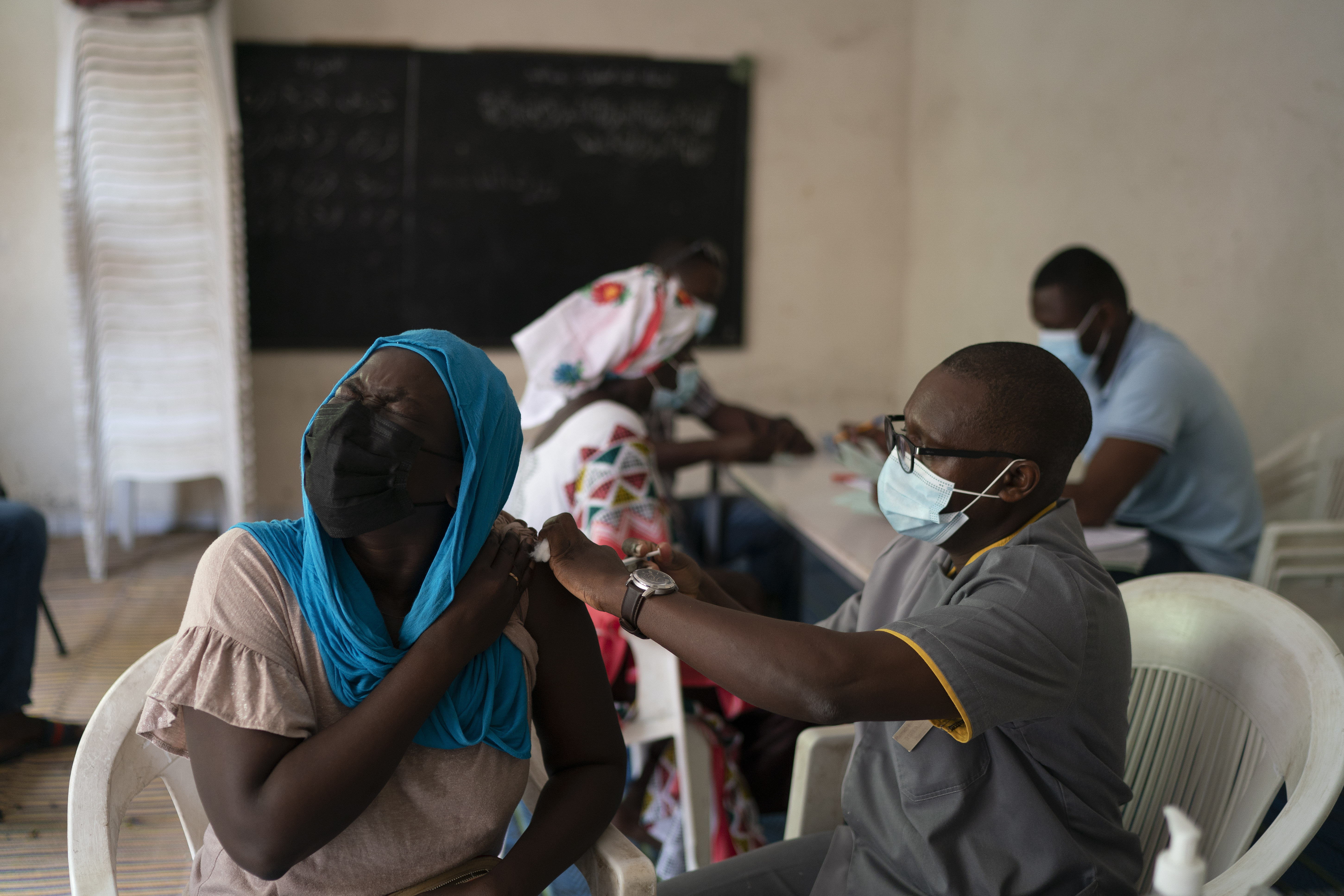Stop giving out booster shots until more of the world is vaccinated, says the WHO
The global health agency has called for a moratorium to any boosters until the end of September.

The World Health Organization has called for a halt to any booster shots until the end of September so that more people in low-income countries can get vaccinated first.
The agency’s director-general, Tedros Adhanom Ghebreyesus, said that more than 4 billion vaccine doses have now been administered globally, but 80% of those have gone to richer countries.
And he said that while high-income countries have administered almost 100 shots for every 100 people, poorer countries have managed just 1.5 per 100 people.
“I understand the concern of all governments to protect their people from the delta variant,” he said at a press conference. “But we cannot accept countries that have already used most of the global supply of vaccines using even more of it, while the world’s most vulnerable people remain unprotected.”
He said a moratorium on boosters until the end of September would enable at least 10% of every country’s population to get vaccinated. Cases and deaths are spiking in Africa as the delta variant runs unchecked, the WHO announced on August 3. Deaths had risen by 80% in just the last four weeks, while less than 2% of the continent’s population is fully vaccinated.
The WHO’s latest intervention comes as a number of countries have started rolling out booster shots or are considering doing so. Israel began administering third shots last month, and France, Germany, and the UAE have all announced plans to begin a booster program. Others, like the UK and the US, are still considering it. The US has bought additional doses of the Pfizer vaccine in preparation but has not made any decision on whether to start rolling them out.
The science on whether boosters are required is still uncertain. “The evidence is evolving, it's moving,” Kate O’Brien, WHO’s director of immunizations, told reporters at the conference. “We don’t have a full set of evidence around whether this is needed or not.”
Pfizer released data last month suggesting that a third shot gave strong added protection against the delta variant. But existing vaccine regimens have been shown to provide good protection against all the major variants of concern.
Nevertheless, the WHO wants to refocus attention on getting a greater proportion of the world vaccinated before countries consider any sort of top-up. The agency has a target of getting 40% of the world vaccinated by the end of the year, and 70% by mid-2022.
“We need an urgent reversal from the majority of vaccines going to high-income countries to the majority going to low-income countries,” said Tedros, who urged vaccine producers to focus on donating to Covax, the scheme set up to get vaccines distributed to poorer countries. Last week, he said the scheme needs a big injection of funds to hit its targets.
White House press secretary Jen Psaki said the WHO had posed a “false choice,” telling the AP that the US will have enough vaccines to donate to poorer countries while also being able to roll out boosters if required.
Deep Dive
Biotechnology and health
How scientists traced a mysterious covid case back to six toilets
When wastewater surveillance turns into a hunt for a single infected individual, the ethics get tricky.
An AI-driven “factory of drugs” claims to have hit a big milestone
Insilico is part of a wave of companies betting on AI as the "next amazing revolution" in biology
The quest to legitimize longevity medicine
Longevity clinics offer a mix of services that largely cater to the wealthy. Now there’s a push to establish their work as a credible medical field.
There is a new most expensive drug in the world. Price tag: $4.25 million
But will the latest gene therapy suffer the curse of the costliest drug?
Stay connected
Get the latest updates from
MIT Technology Review
Discover special offers, top stories, upcoming events, and more.